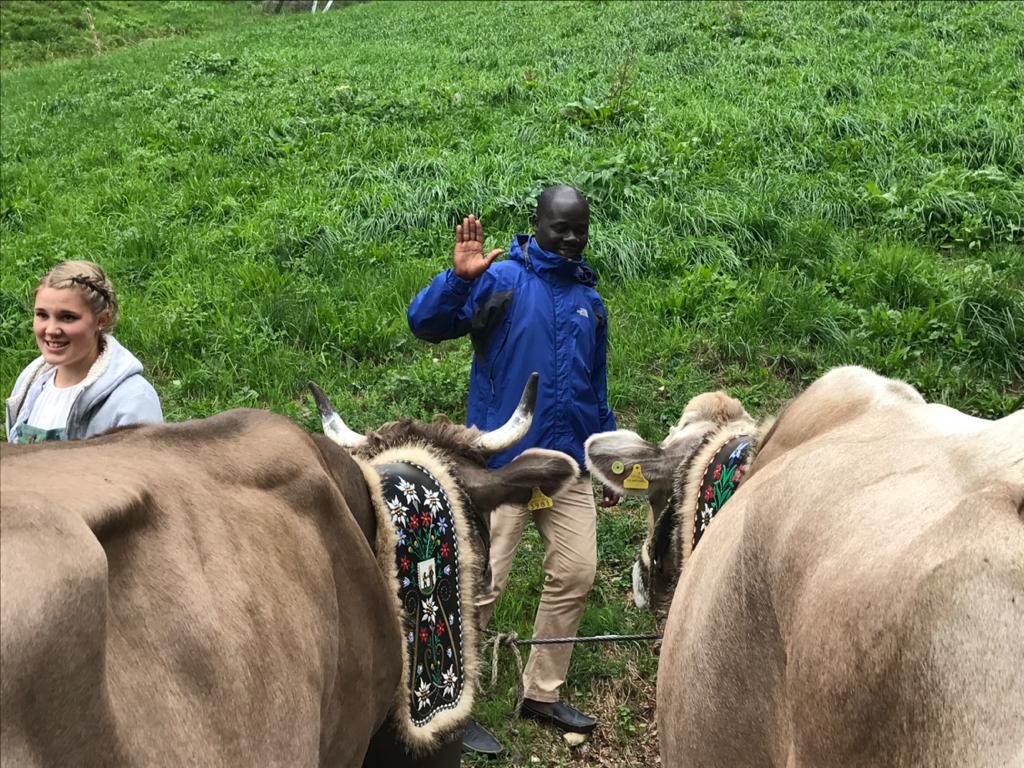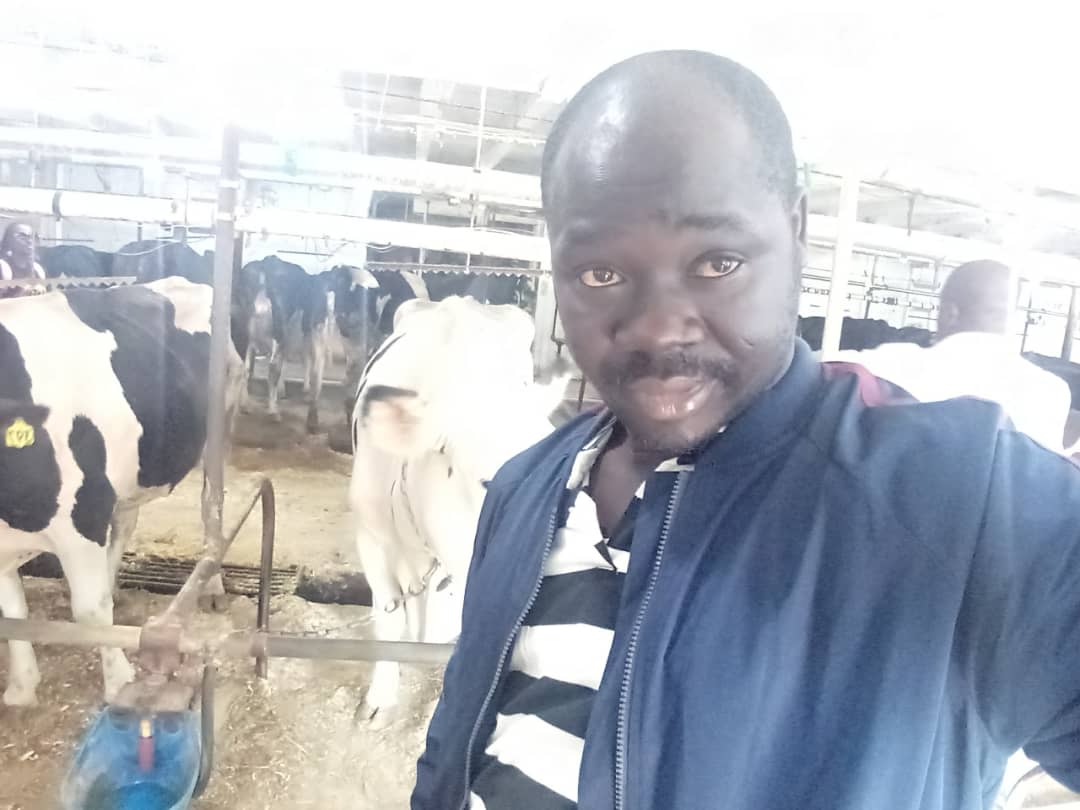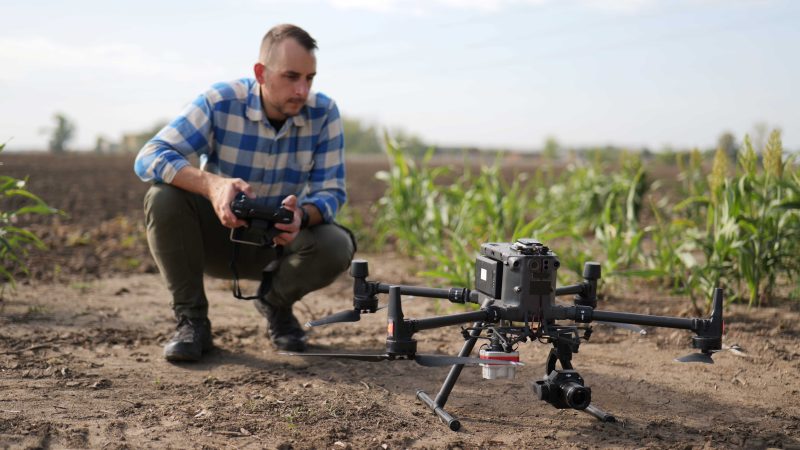
Cattle production is growing global business with the primary focus of providing populations with meat, milk and hundreds of other useful by-products.
The industry employs high number of people, making life worthwhile for its owners and the producing economies at large.
According to Swiss Food and Agriculture pocket statistics 2018, dairy farming and milk production constitute the most important branch of agricultural in Switzerland, and remains the mainstay of the economy.

The dairy sector alone contributes one billion Swiss francs to the Gross Domestic Product of the country, representing 0.2percent of the total GDP of 660 billion Swiss francs.
The country does not import milk products as compared to Ghana, where almost all milk consumed is imported.
According to 2017 statistics, the number of cattle in Switzerland fell by 8% between 1997 and 2017. On account of a turbulent dairy market, the number of cows has fluctuated in recent years.
Between 2000 and 2016 meat production rose by 17 percent as a result of growth in livestock numbers, which was especially marked for poultry.
In 2016, almost 4 billion kg of milk was produced. The decrease in the number of dairy cows and dairy farms also continued in 2016. In 2011, some 590,000 cows on 32,000 farms produced over 4 million tons of milk.
Between 2010 and 2015, the consumption of milk fell by 18% and that of cheese by 9%. Long–life dairy products and milk protein products, especially milk powder, condensed milk and milk protein, recorded an increase of 23%.
At approximately CHF 132 per month, meat was the largest food expenditure item, followed by bread and cereal products.
A visit to some dairy farms in Entlebuch, Switzerland gives different view on how dairy production is practiced in Ghana.
Rev Kojo Nkrumah, former Ashanti Regional Chairman of the Ghana National Association of Farmers and Fisher-folks wants the industry players to emulate the Swiss example in keeping their dairy.
He suggests the need for a cattle village or a hub for the cattle industry as the way forward.
This notwithstanding, Ghana is said to be losing out big time on the ever-increasing demand for cow milk in the world.
One of the young enterprising cattle farmers in Ghana is Sylvester Vuvor.
He said Ghana is not practicing dairy production, rather, grazing farming.
According to him, the local cattle is not meant for milking, but primarily for meat consumption.
Speaking about dairy breeding in Ghana, Mr. Vuvor says a holistic approach would make the sector more lucrative.
“I have resolved to adopt to the European system of cattle breeding in Ghana, but I haven’t gotten there yet and am just trying to create the base for it, the way they do it and the way their cattle are big attracted me to venture into it but a bit challenge for me,” he stressed.
He is confident of a huge market for cattle production in Ghana, but not dairy farm.
Advancing his argument, the 40 year old cattle farmer frowned on the weak agricultural policy for farmers in the country and called for review of all the existing agricultural policies in Ghana to give farmers full fledge control in the business.
Given the potentials in the dairy production, what lessons can Ghanaian cattle farmers and the government take the Swiss example, considering the persistent tension between herdsmen and crop farmers in some parts of the country?
Would government’s ranching policy formulation factor in dairy production, cattle village and ranchers going forward?
Ghana indeed stands to gain, should the country encourage dairy farming. The by-product alone can create more jobs for the teaming unemployed youth and turn the fortune of the economy round.



![African agricultural journalists elect new officials [MEET THE TEAM]](https://www.dailyagricnews.com/wp-content/uploads/2025/03/PAAJ-logo-768x768-1-768x450.webp)
